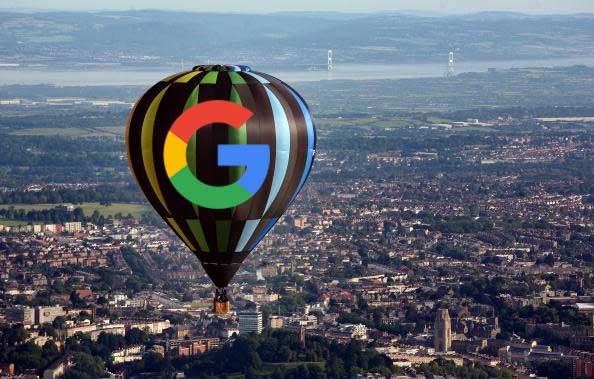Google is aiming to launch 20,000 Floating Towers in Indonesia to boost its internet capacity and get more Indonesians online. The decision was made on the directives of its parent company, Alphabet, who is now controlling Google X's Project Loon, which is going to use an airborne network of Helium balloons for the purpose.
The announcement came on Wednesday from Google's co-founder and president of Alphabet, Sergey Brin, during a press conference at Mountain View, where the Project Loon's first helium balloon was inflated to set the milestone, USA Today reported.
Indonesian President Joko Widodo has already welcomed the mission, which will be undertaken with the collaboration of three major telecom companies of the country, namely Indosat, Telkomsel and XL Axiata.
Indonesia being a very populous country hasn't been able to cope with internet demand of the nation, where more than 17,000 islands, the unsteady terrain of mountains and high canopies of the jungles make typical cell towers or cable communication an inefficient solution.
Currently, 2/3rd of the urban population is deprived of the internet while people in the remote area are also disconnected. Google's Alphabet directed initiative will help almost 100 million Indonesians access internet facility.
This could have otherwise created reservations from the local telecommunication company, but since the three major internet service providers have agreed to participate in the Loon project (of course, they will get their cut), odds couldn't get any better for Google to expand its online presence.
Google and Facebook have dominated the western countries through their services; now both tech giants are taking decisive steps to rule greater circle of the audience by moving their campaigns to the most populous countries in the world.
As Google is growing its roots in Indonesia, Mark Zuckerberg was also recently on a tour to India with similar objectives. China, though the world's most populous nation, wasn't an option at the first place, as both services are banned there.
The US is the runner-up population wise, but all the slots have been booked. Moving down the gradient, India and Indonesia share the third and fourth greatest load of the human population. If both campaigns became successful, the chances are that Brazil and Pakistan may be next on the target.
For now, we have yet to wait for the results since both ventures are still nascent. 20,000 helium balloons loaded with broadcasting equipment is not a small investment, but based on Google's willingness to do it, we can get an idea of what is truly at the stake here.



























